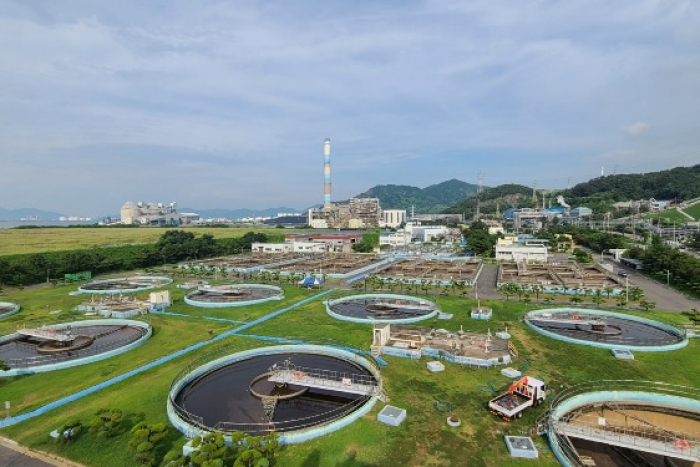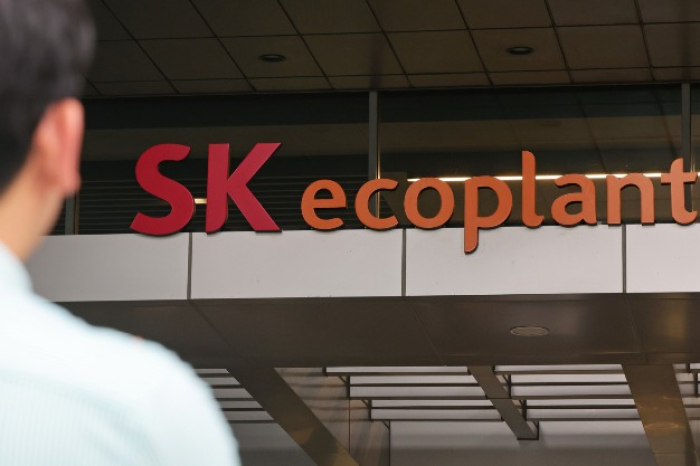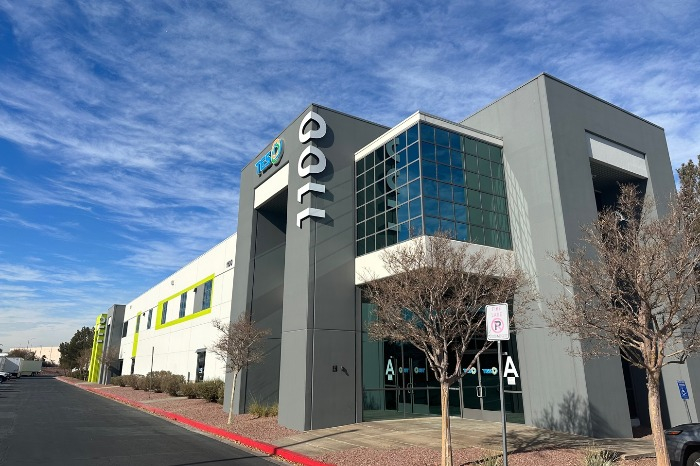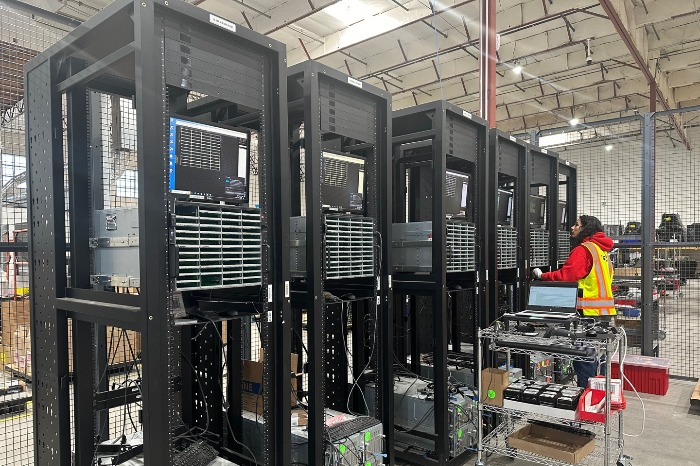Corporate restructuring
SK Ecoplant seeks to sell waste treatment business for $1.4 billion
After the sale, the S.Korean company will realign its business portfolio with more focus on IT recycling and semiconductors
By Feb 12, 2025 (Gmt+09:00)
3
Min read
Most Read
LG Chem to sell water filter business to Glenwood PE for $692 million


KT&G eyes overseas M&A after rejecting activist fund's offer


Kyobo Life poised to buy Japan’s SBI Group-owned savings bank


StockX in merger talks with Naver’s online reseller Kream


Meritz backs half of ex-manager’s $210 mn hedge fund



SK Ecoplant Co., a South Korean construction engineering and waste management company under SK Group, is seeking to dispose of its waste treatment businesses five years after spending 2 trillion won ($1.4 billion) to acquire them in line with its transformation into a climate solution company.
According to sources in the investment banking industry on Wednesday, SK Ecoplant has been tapping private equity firms at home and abroad to sell a 70% stake in Renewus and a full stake in Renewone in hopes of fetching as much as 2 trillion won.
Its electronic/electric waste and battery recycling and IT asset disposition (ITAD) business, SK Tes, was not put up for sale.
“We are currently reviewing tender offers from multiple PEFs,” SK Ecoplant responded on Wednesday when asked about the potential sale of its waste management business.
The sale attempt comes about five years after it aggressively advanced into the waste management business by gobbling up related companies to transform into an environment company.
AGGRESSIVE M&AS IN THE WASTE MANAGEMENT SECTOR
In 2020, the major construction and engineering firm acquired Korea’s largest waste treatment company EMC Holdings Co., now Renewus, for more than 1 trillion won from Affirma Capital after beating out Goldman Sachs and Keppel Infrastructure.

Between 2021 and 2022, it additionally spent a total of 825.6 billion won to take over multiple local waste incineration and landfill companies, including Daewon Green Energy and Saehan, and merged them under Renewone.
With the waste management subsidiaries, SK Ecoplant now runs Korea’s largest waste management business but its effort to create synergy between the environment business and its other mainstay businesses – construction engineering and energy – has not paid off.
Instead, it now faces an increasing interest burden from borrowings to buy 15 environment-focused companies, including Renewus and Renewone companies, until 2023, which cost more than 4 trillion won in total.
SK Ecoplant paid about 320 billion won in interest for debts, each, in 2023 and 2024, according to the company’s filing.
The company also raised about 1 trillion won from private equity firms in 2022 on the condition that it would go public in five years.
If it fails its initial public offering by next year, it is expected to pay an additional 80 billion won to 100 billion won in interest annually.

The disposal of the waste management businesses will help SK Ecoplant improve its financial soundness, said analysts.
As part of its restructuring efforts, it already sold off US-based lithium-ion battery recycling firm Ascend Elements Inc. for about $98 million late last year.
It also let go of waste plastic recycling units.
FOCUS ON SEMICONDUCTOR INFRA AND IT RECYCLING
After ditching the waste management business, SK Ecoplant plans to realign its business portfolio centering around SK Tes and Essencore Ltd.
SK Tes is an electrical and electric waste recycling and ITAD business.
SK Ecoplant acquired the Singapore-based company in 2022 to seize opportunities in the growing e-waste recycling market amid increasing e-waste from data centers during the artificial intelligence boom.

ITAD services focus on reusing, recycling, repurposing, repairing or disposing of unwanted IT equipment in a safe and environmentally responsible way.
Essencore, headquartered in Hong Kong, is a consumer memory and storage maker.
It manufactures SD cards and USB flash drives with DRAM and NAND flash memory chips supplied by SK Hynix Inc., the group’s semiconductor giant.
Last year, SK Ecoplant set up a new business unit called Hi-tech, a comprehensive semiconductor service provider, including the construction of semiconductor infrastructure, after merging technology subsidiaries.
Write to Jun-Ho Cha at chacha@hankyung.com
Sookyung Seo edited this article.
More to Read
-
 BatteriesSK Ecoplant sells off stake in Ascend Elements for $98 million
BatteriesSK Ecoplant sells off stake in Ascend Elements for $98 millionSep 09, 2024 (Gmt+09:00)
4 Min read -
 Corporate restructuringSK Ecoplant to merge tech unit for group restructuring
Corporate restructuringSK Ecoplant to merge tech unit for group restructuringJul 16, 2024 (Gmt+09:00)
4 Min read -
 Corporate governanceSK Ecoplant seeks to establish eco holding firm, sell 40% stake to PEFs
Corporate governanceSK Ecoplant seeks to establish eco holding firm, sell 40% stake to PEFsMay 30, 2023 (Gmt+09:00)
3 Min read -
 Waste managementSK Eng beats Goldman, Keppel in $846 mn bid for Korean waste treatment firm
Waste managementSK Eng beats Goldman, Keppel in $846 mn bid for Korean waste treatment firmAug 19, 2020 (Gmt+09:00)
2 Min read -

-
 Mergers & AcquisitionsSK Ecoplant buys e-waste recycling firm for $1 bn
Mergers & AcquisitionsSK Ecoplant buys e-waste recycling firm for $1 bnFeb 21, 2022 (Gmt+09:00)
2 Min read
Comment 0
LOG IN


